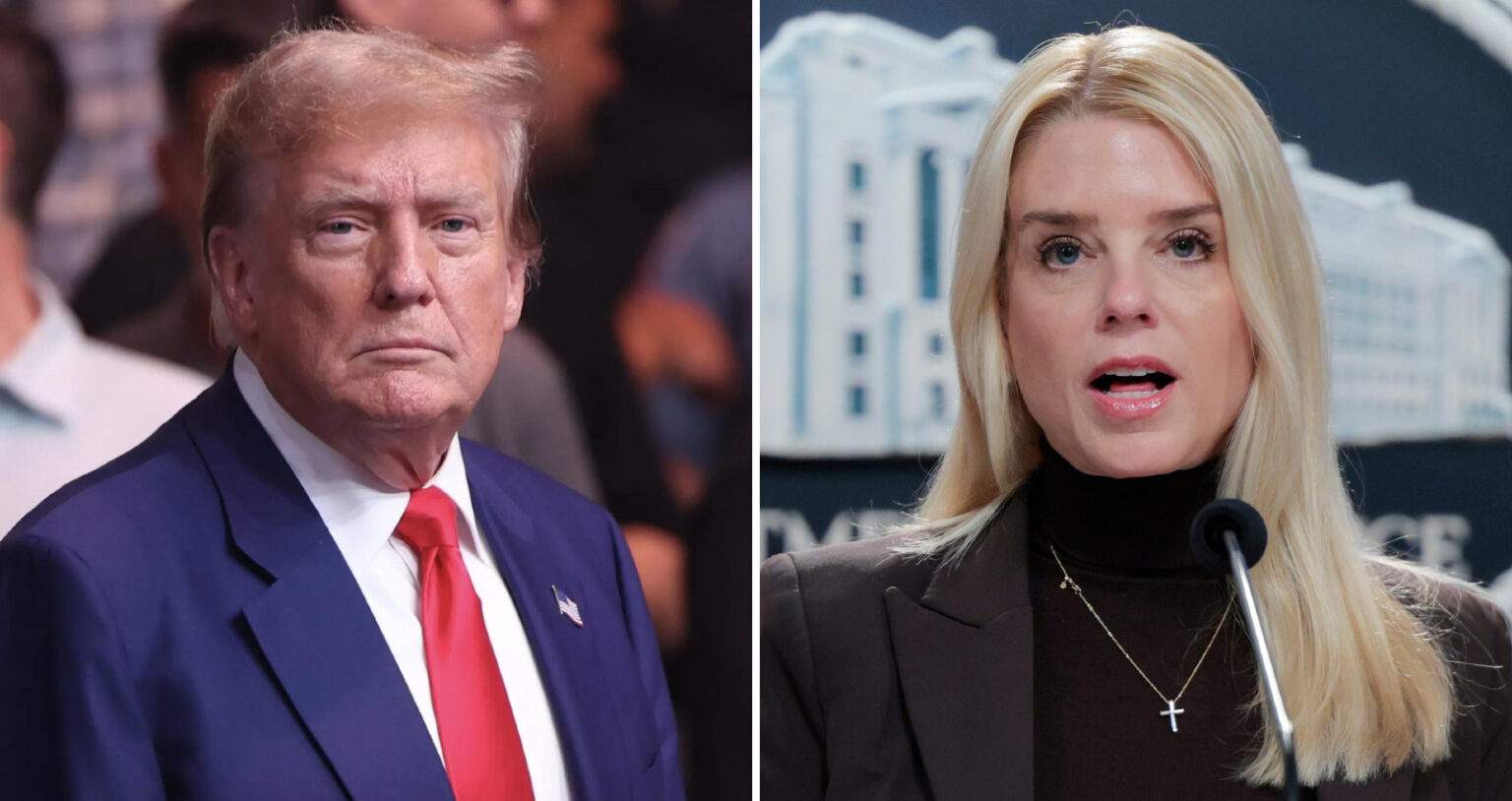Three top officials in President Donald Trump’s Cabinet have invoked the “state secrets privilege” to refuse providing a federal judge with additional details about recent deportation flights of Venezuelan nationals under the Alien Enemies Act. The move has sparked further controversy as the administration remains locked in a legal battle over its aggressive immigration enforcement policies.
On March 15, Chief U.S. District Judge James Boasberg attempted to halt deportation flights, yet reports indicate that at least two flights may have departed between the time of his oral directive and his subsequent written order. As part of the ongoing litigation, Boasberg requested key details about these flights, including the number of individuals deported, departure times, exit from U.S. airspace, and final destinations. However, the Trump administration has pushed back, citing national security concerns.
In legal filings submitted late Monday, Attorney General Pam Bondi, Secretary of State Marco Rubio, and Department of Homeland Security Secretary Kristi Noem asserted that disclosing such information would compromise national security and U.S. diplomatic relations. The administration has maintained that its actions align with the president’s executive authority, particularly in response to the designation of the Venezuelan crime syndicate Tren de Aragua as a foreign terrorist organization. Trump has justified the deportations as a necessary measure to protect national security and curb gang-related crime in the U.S.
“This is a case about the President’s plenary authority… to remove from the homeland designated terrorists participating in a state-sponsored invasion and predatory incursion into the United States,” Bondi argued in her filing. “The Court has all of the facts it needs to address the compliance issues before it.”
Bondi further emphasized that additional judicial inquiries into the executive branch’s actions would constitute a dangerous overreach, violating the constitutional separation of powers. “Further intrusions on the Executive Branch would present dangerous and wholly unwarranted separation-of-powers harms with respect to diplomatic and national security concerns that the Court lacks competence to address,” she wrote.
Judge Boasberg has remained firm in his stance, reiterating that deportations under the Alien Enemies Act should be halted until individuals accused of membership in Tren de Aragua have had an opportunity to legally challenge their designation. Several individuals have already submitted court filings denying any affiliation with the gang.
“As the Government itself concedes, the awesome power granted by the Act may be brought to bear only on those who are, in fact, ‘alien enemies,’” Boasberg wrote in his ruling. “And the Supreme Court and this Circuit have long maintained that federal courts are equipped to adjudicate that question when individuals threatened with detention and removal challenge their designation as such.”
The government’s legal team is expected to present further arguments defending its actions. Officials previously contended that Boasberg’s oral ruling was not enforceable and have denied that any deportation flights departed following his written order.
Meanwhile, White House Press Secretary Karoline Leavitt strongly criticized Judge Boasberg’s ruling, calling it an “egregious abuse of the bench.” Speaking at a press briefing, she condemned the judge’s decision and accused him of overstepping his authority.
“The judge in this case is essentially trying to say the president doesn’t have the executive authority to deport foreign terrorists from our American soil. That is an egregious abuse of the bench,” Leavitt stated.
President Trump himself took to social media, branding Boasberg a “radical left lunatic” and vowing to continue the administration’s mass deportation efforts. Leavitt echoed this sentiment, asserting that Boasberg was acting as an activist judge and criticizing his wife’s past donations to Democratic candidates.
“This judge cannot, does not, have that authority. It is the opinion of this White House and of this administration. And that’s why we’re fighting this in court. It’s very, very clear that this is an activist judge who is trying to usurp this president’s authority,” she declared.
Despite the legal challenges, the administration remains committed to executing Trump’s deportation orders under the Alien Enemies Act. “Under the Alien Enemies Act, the president has the power, and that’s why the deportation campaign will continue. And this judge, Judge Boasberg, is a Democrat activist. He was appointed by Barack Obama,” Leavitt asserted.
As the legal battle intensifies, the case underscores the ongoing clash between the executive branch and the judiciary over immigration enforcement, national security, and the limits of presidential authority.
